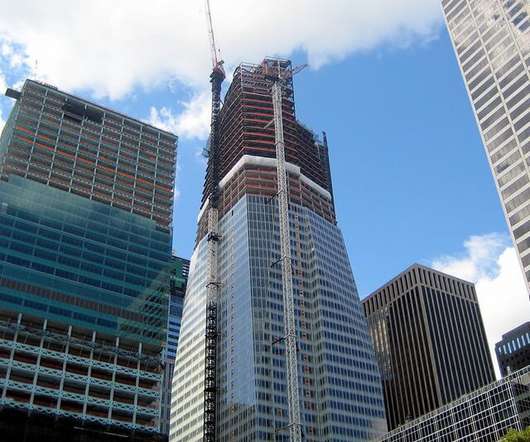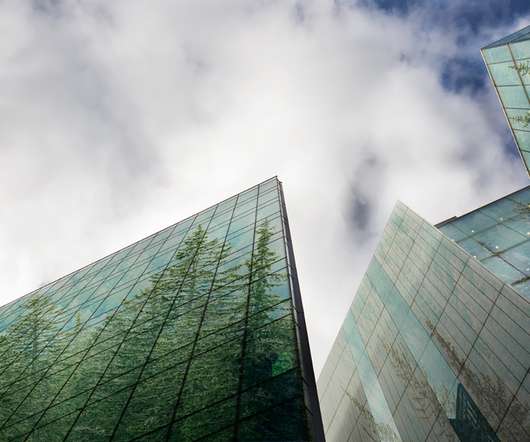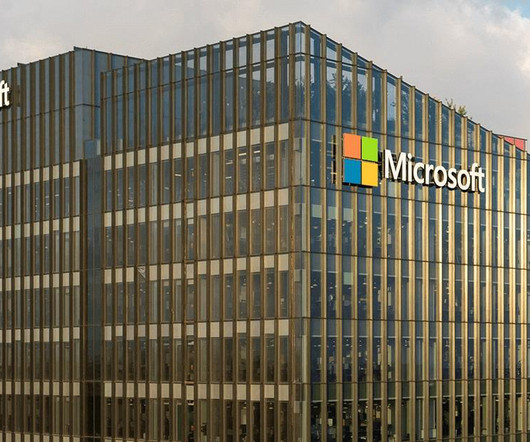Sustainability as a Catalyst for Growth: The Trane Technologies Approach
Corporate Knights
JUNE 26, 2025
When we became Trane Technologies in 2020, investors already valued our focus as a climate innovator and the alignment of our investment and business strategy. In addition to that, reducing the carbon intensity associated with our products’ life cycles is increasingly important to our customers’ sustainability and resiliency goals.














Let's personalize your content